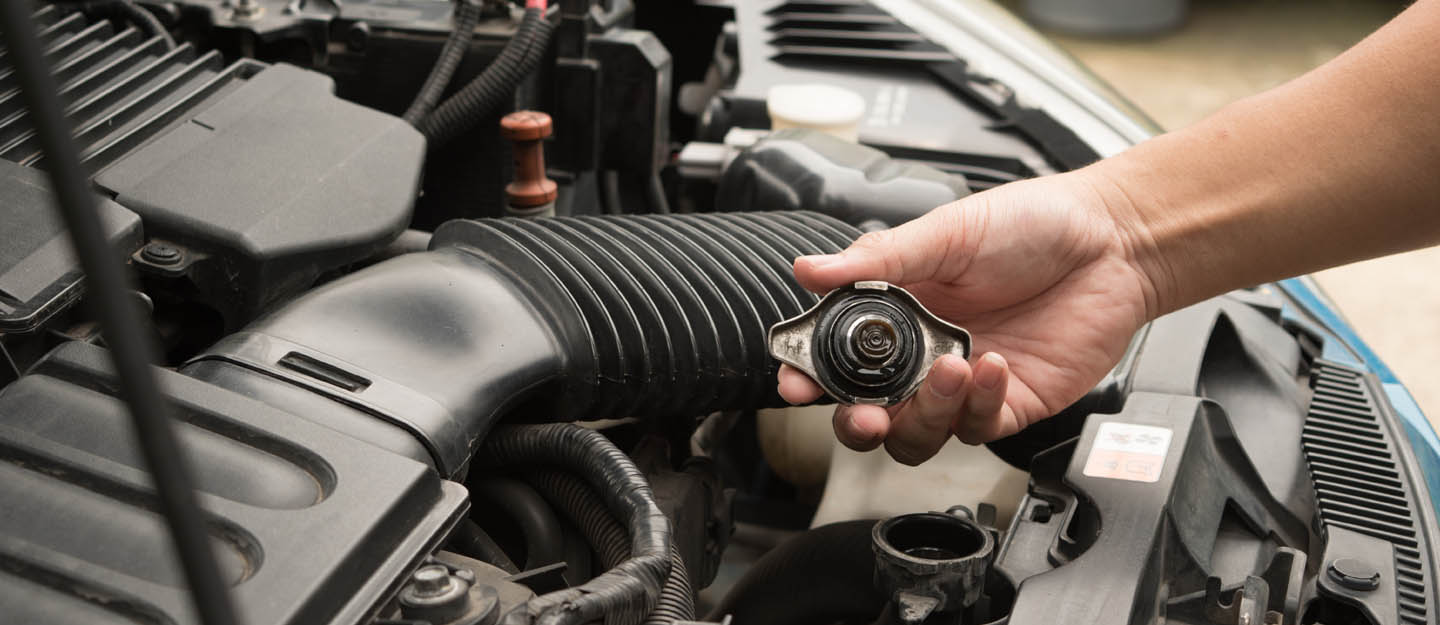Causes of Car Engine Overheating
Overview
Topics
Overview
Engine overheating can be caused by low coolant, coolant leaks, a faulty thermostat, a broken water pump, a clogged radiator, a malfunctioning radiator fan, damaged belts or hoses, or low oil levels.
Topics
Coolant Issues
- Low Coolant Levels: Insufficient coolant can lead to inadequate heat dissipation.
- Coolant Leaks: Leaks in hoses, gaskets, or the radiator can result in coolant loss.
- Old or Contaminated Coolant: Degraded coolant loses its effectiveness and can cause corrosion.
Cooling System Failures
- Radiator Issues: Blocked or damaged radiators can hinder heat exchange.
- Thermostat Failure: A stuck thermostat can prevent coolant from circulating properly.
- Water Pump Malfunction: If the water pump fails, coolant circulation is disrupted.
Engine Oil Problems
- Low Oil Levels: Insufficient oil can increase friction and heat within the engine.
- Old or Contaminated Oil: Oil that has broken down can’t lubricate effectively, leading to overheating.
Blocked Airflow
- Debris in the Radiator: Dirt, leaves, or other debris can block airflow through the radiator.
- Faulty Cooling Fans: If the cooling fans do not operate correctly, airflow may be insufficient.
External Factors
- Extreme Weather Conditions: High temperatures can strain the cooling system.
- Heavy Towing or Overloading: Excessive loads can increase engine strain and heat.
Malfunctioning Sensors or Gauges
- Faulty Temperature Gauge: If the gauge does not provide accurate readings, it may not alert the driver to overheating.
- Sensor Failures: Issues with the engine control unit (ECU) or temperature sensors can lead to improper management of engine temperatures.
Engine Issues
- Overworking the Engine: High RPMs or aggressive driving can generate excessive heat.
- Combustion Problems: Issues such as misfiring can cause overheating due to incomplete combustion.
Conclusion
Regular maintenance of the cooling system, timely replacement of fluids, and addressing any warning signs promptly are essential for preventing engine overheating. By understanding the causes, drivers can take proactive measures to ensure their engines remain within safe operating temperatures.

